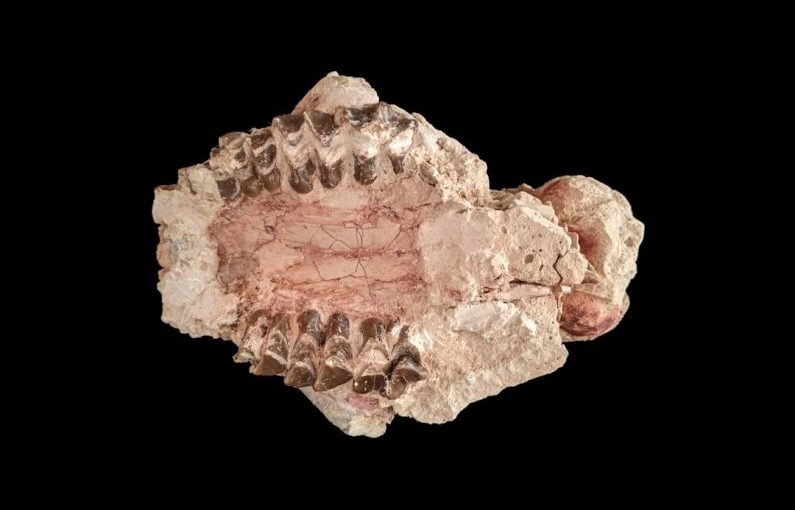Sugar holds a unique allure for humans, tantalizing our taste buds and providing a source of quick energy. While modern society is often criticized for its excessive sugar consumption, the desire for sweetness dates back to our earliest ancestors. Understanding the role of sugar in the evolution of human diet sheds light on our complex relationship with this delectable substance.
The Evolutionary Significance of Sugar
The human body has a natural preference for sweet flavors, which can be traced back to our evolutionary past. Early humans inhabited environments where sources of sugar were relatively scarce, making the ability to detect and consume sweet foods a valuable adaptation. Sweetness signaled the presence of ripe fruits, a crucial source of nutrition in a hunter-gatherer lifestyle. By seeking out and consuming these sugary treats, our ancestors could obtain essential vitamins and minerals necessary for survival.
Early Sources of Sugar
In the hunter-gatherer societies of the past, sugar was primarily obtained from natural sources such as fruits, honey, and certain plant roots. Fruits, with their vibrant colors and sweet taste, provided a valuable source of energy and nutrients. Honey, a concentrated form of sugar produced by bees, was a prized delicacy for early humans. The discovery of honey would have been a significant boon, offering a high-calorie food source that could be stored for long periods.
The Role of Sugar in Human Diet
The consumption of sugar played a vital role in the diet of early humans, providing a quick source of energy to fuel their active lifestyles. In a time when food scarcity was a constant threat, the ability to efficiently convert sugar into energy was a valuable asset. The sweetness of sugar also served as a reward mechanism, reinforcing the consumption of foods that provided essential nutrients.
The Impact of Agriculture
The development of agriculture marked a significant shift in human sugar consumption. With the cultivation of crops such as sugarcane, sugar beet, and grains, humans gained access to a more reliable and abundant source of carbohydrates. The ability to cultivate and process sugar-rich crops led to the widespread availability of sweeteners, transforming the way humans satisfied their sweet cravings.
The Rise of Refined Sugar
The industrial revolution brought about the mass production of refined sugar, further changing the landscape of human sugar consumption. Refined sugar, extracted from sugarcane or sugar beet, became a ubiquitous ingredient in processed foods and beverages. The widespread availability of cheap sugar contributed to a sharp increase in overall sugar intake, leading to concerns about its impact on health.
Exploring Modern Sugar Consumption
In the modern era, sugar has become a pervasive presence in the human diet, with added sugars found in a wide range of foods and drinks. From sugary sodas to sweetened snacks, the average person consumes far more sugar than their ancestors ever did. This shift towards excessive sugar consumption has been linked to various health issues, including obesity, diabetes, and dental problems.
Navigating the Sweet Dilemma
As we grapple with the implications of our sweet tooth, it is essential to strike a balance in our sugar consumption. While sugar can add enjoyment to our diet, moderation is key to maintaining a healthy lifestyle. By being mindful of our sugar intake and opting for natural sources of sweetness, we can honor our evolutionary legacy while safeguarding our well-being.
In Conclusion
The allure of sugar has been a constant companion throughout human history, shaping our dietary preferences and fueling our bodies with energy. From the early foraging of fruits to the mass production of refined sugar, our relationship with sweetness has evolved alongside our species. By understanding the roots of our sweet tooth, we can make informed choices about our sugar consumption and strive for a harmonious balance in our modern diet.





